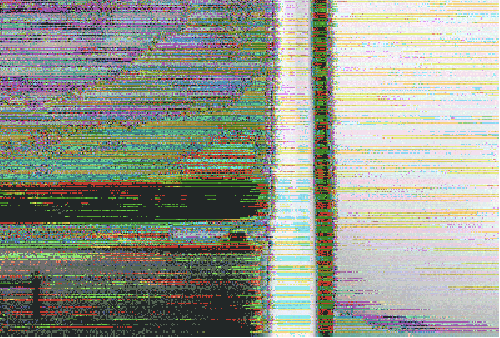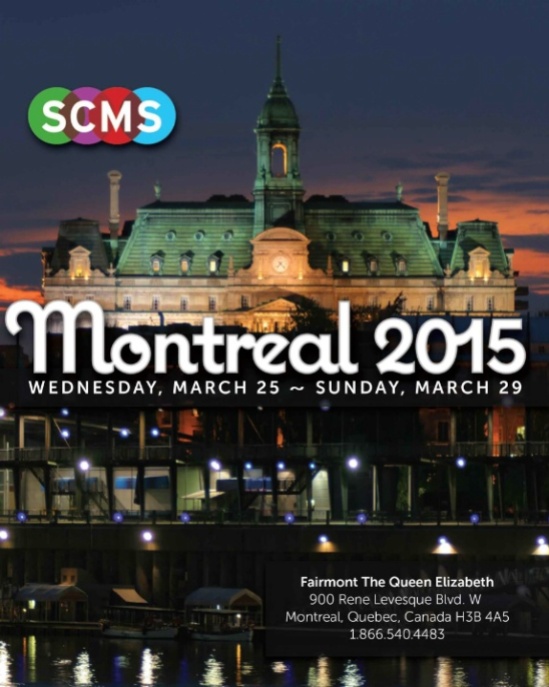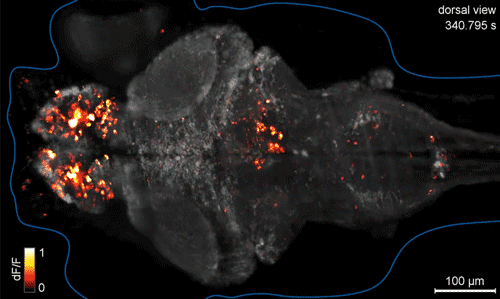
[UPDATE: Full video of the complete panel is now online: here.]
At the upcoming conference of the Society for Cinema and Media Studies (March 25-29, 2015 in Montréal), I will be chairing a panel on “Post-Cinema and/as Speculative Media Theory,” which brings together four of the most significant voices in the ongoing attempt to theorize our current media situation: Steven Shaviro, Patricia Pisters, Adrian Ivakhiv, and Mark B. N. Hansen.
(Not quite incidentally, all four speakers are also contributors to the forthcoming volume Post-Cinema: Theorizing 21st-Century Film, which I am co-editing with Julia Leyda.)
Here is the panel description, along with links (below) to the abstracts for the various papers:
Post-Cinema and/as Speculative Media Theory
Following debates over “the end” of film and/or cinema in the wake of the massive digitalization of moving-image media, recent film theory has begun considering the emergence of a new, properly “post-cinematic” media regime (cf. Shaviro 2010; Denson and Leyda, forthcoming). The notion of post-cinema takes up the problematic prefix “post-,” which debates over postmodernism and postmodernity taught us to treat not as a marker of definitive beginnings and ends, but as indicative of a more subtle shift or transformation in the realm of culturally dominant aesthetic and experiential forms (cf. Jameson 1991). In the context of post-cinema, this suggests not so much a clear-cut break with traditional media forms but a transitional movement taking place along an uncertain timeline, following an indeterminate trajectory, and characterized by juxtapositions and overlaps between the techniques, technologies, and aesthetic conventions of “old” and “new” moving-image media.
The ambiguous temporality of the “post-,” which intimates a feeling both of being “after” something and of being “in the middle of” uncertain changes – hence speaking to the closure of a certain past as much as a radical opening of futurity – necessitates a speculative form of thinking that is tuned to experiences of contingency and limited knowledge. With respect to twenty-first century media, theories of post-cinema inherit this disposition, relating it to concrete media transformations while speculating more broadly about the effects they might have on us, our cognitive and aesthetic sensibilities, our agency, or our sense of history.
Bringing together several key figures in the theoretical discussions of post-cinema, this panel seeks to explore and expand this speculative dimension. Steven Shaviro looks at a recent FKA twigs music video as an encapsulation of the post-cinematic media regime at large, theorizing the speculative theoretical work done by the video itself. Patricia Pisters argues that post-cinematic appropriations of archival materials lead to a necessarily speculative revision of history. Adrian Ivakhiv brings the discussion into contact with pressing issues of ecological change. Finally, Mark B. N. Hansen offers a media-philosophical perspective on post-cinema as a future-oriented mode of experience. Together, these interventions articulate post-cinema’s media-technical, aesthetic, ecological, and philosophical vectors in order to develop an emphatically speculative media theory.
Bibliography:
Denson, Shane, and Julia Leyda. Post-Cinema: Theorizing 21st-Century Film. Sussex: REFRAME Books, forthcoming.
Jameson, Fredric. Postmodernism, or, The Cultural Logic of Late Capitalism. Durham: Duke UP, 1991.
Shaviro, Steven. Post-Cinematic Affect. Winchester: Zero Books, 2010.
Chair Bio:
Shane Denson is a DAAD postdoctoral fellow at Duke University and a member of the research unit “Popular Seriality—Aesthetics and Practice.” He is the author of Postnaturalism: Frankenstein, Film, and the Anthropotechnical Interface (Transcript 2014) and co-editor of several collections: Transnational Perspectives on Graphic Narratives (Bloomsbury, 2013), Digital Seriality (special issue of Eludamos, forthcoming), and Post-Cinema: Theorizing 21st Century Film (REFRAME, forthcoming).
Finally, here are links to the individual abstracts:
Steven Shaviro, “Reversible Flesh”
Patricia Pisters, “The Filmmaker as Metallurgist: Post-Cinema’s Commitment to Radical Contingency”
Adrian Ivakhiv, “Speculative Ecologies of (Post-)Cinema”
Mark B. N. Hansen, “Speculative Protention, or, Are 21st Century Media Agents of Futurity?”
[UPDATE: Full video of the complete panel is now online: here.]



